Situation Report
President Donald Trump expressed his anger after Russian President Vladimir Putin questioned Ukrainian President Volodymyr Zelenskyy’s leadership, describing the remarks as unhelpful to peace efforts.
Trump also criticized Zelenskyy, falsely labeling him a dictator, reflecting the strained relations between the U.S. and its Ukrainian ally.
Tariff Threats Against Russia
In an early-morning interview, Trump warned of imposing secondary tariffs on all Russian oil exports if a ceasefire agreement is not reached soon.
He clarified that any country purchasing Russian oil would face restrictions in doing business with the United States, with tariffs ranging from 25% to 50%.
This economic pressure is aimed at compelling Russia to halt hostilities in Ukraine.
Recent Developments
A limited ceasefire agreement was recently reached between Russia and Ukraine. The agreement focuses on halting attacks on energy infrastructure and ensuring safe navigation in the Black Sea.
While this agreement marks progress, it falls short of a broader 30-day ceasefire proposed by the U.S.
Moscow and Kyiv have agreed to refrain from targeting each other’s power facilities, but broader peace negotiations remain unresolved.
The White House has emphasized the need for peace and is pushing for further negotiations between the parties involved.
Trump plans to speak with Putin again this week to discuss unresolved issues, including territorial disputes and control over key infrastructure like the Zaporizhzhia nuclear plant.
Meanwhile, U.S. Special Envoy Steve Witkoff and Secretary of State Marco Rubio are engaging with both Russian and Ukrainian officials to facilitate a comprehensive peace deal.
Outlook for Peace Talks
Despite some progress, significant challenges remain as Russia demands an end to Western military support for Ukraine while Kyiv seeks stronger guarantees from the U.S.
The situation remains tense as both sides appear unwilling to make significant concessions, leaving the future of peace talks uncertain.


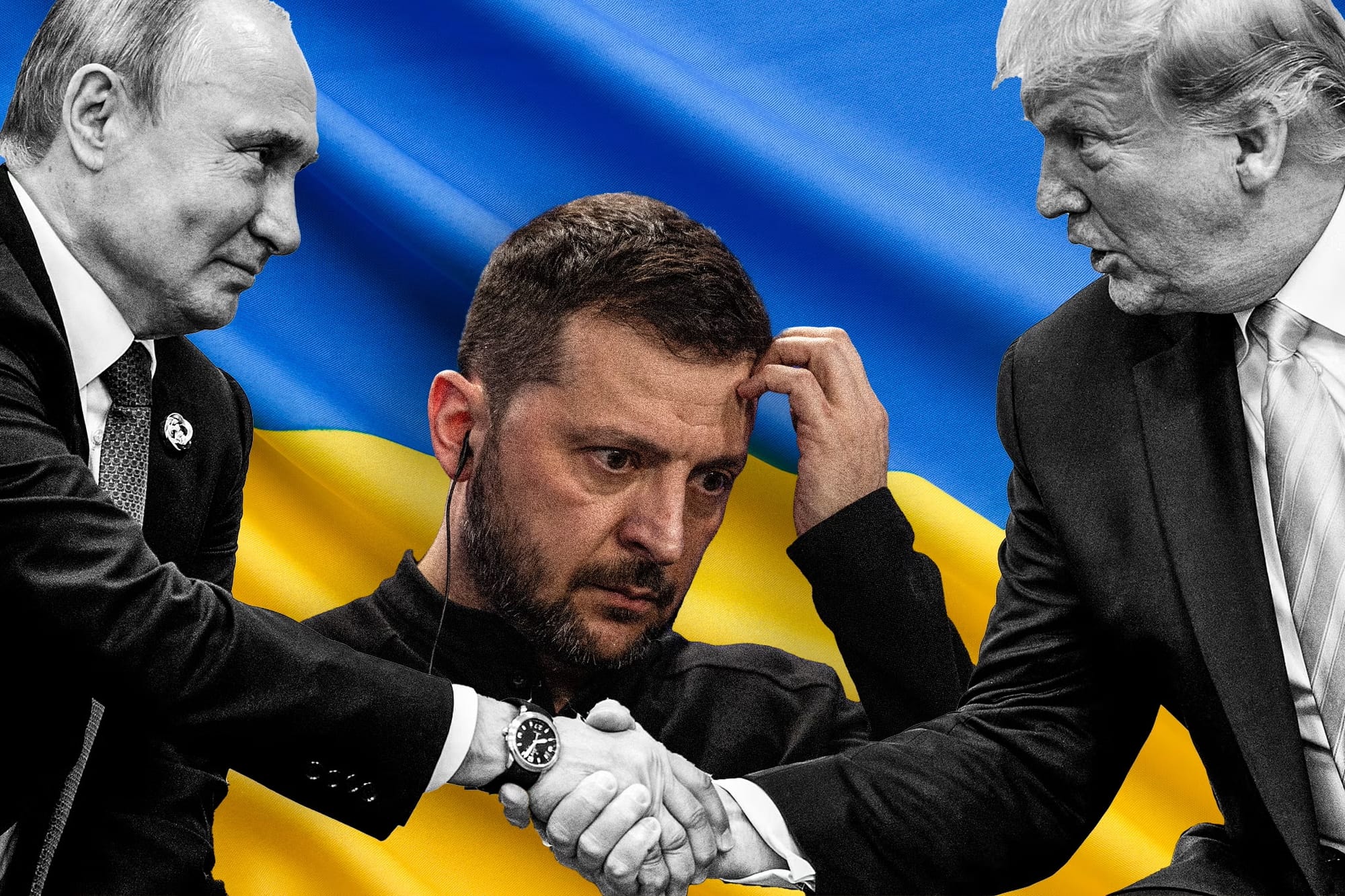




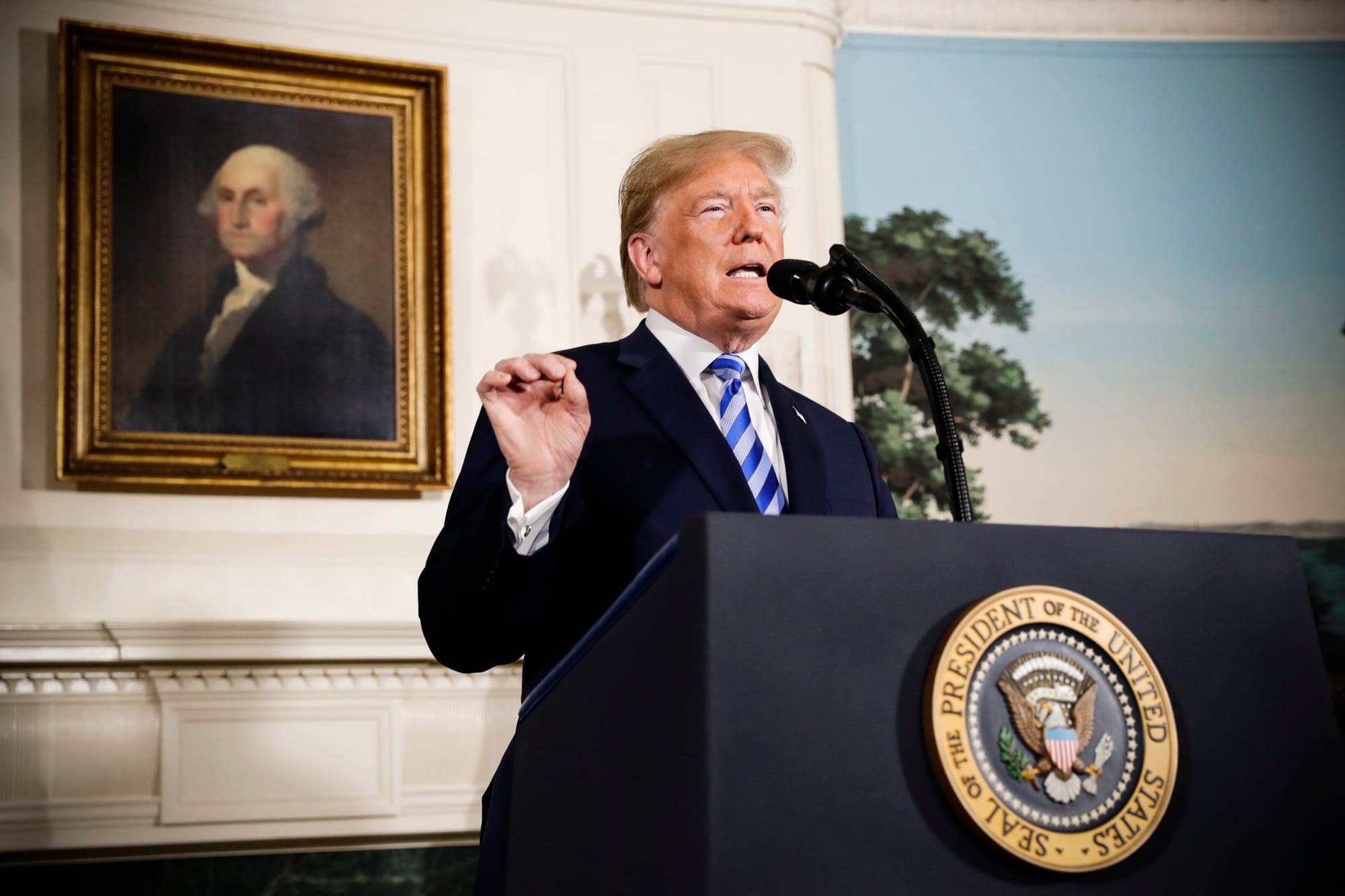

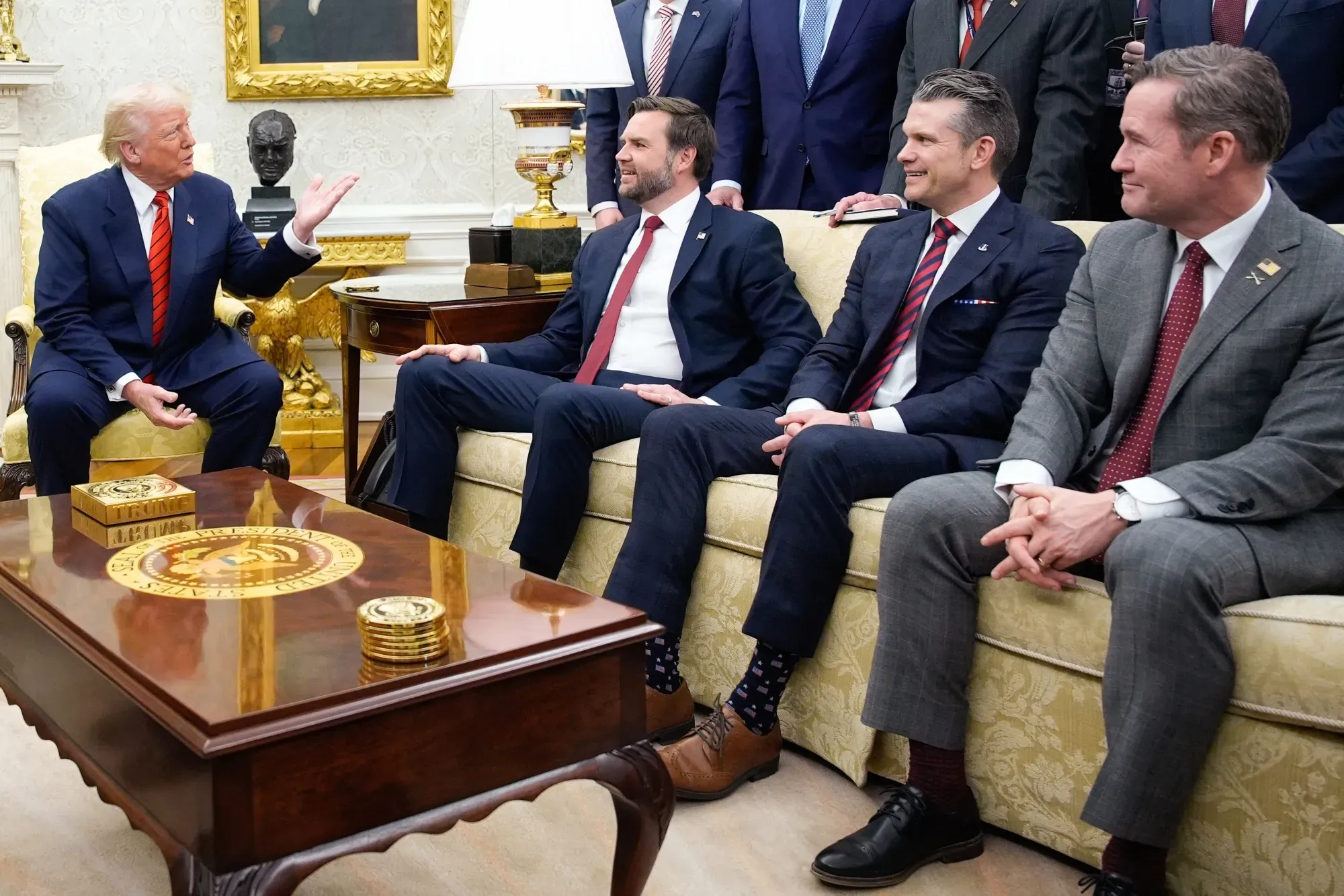
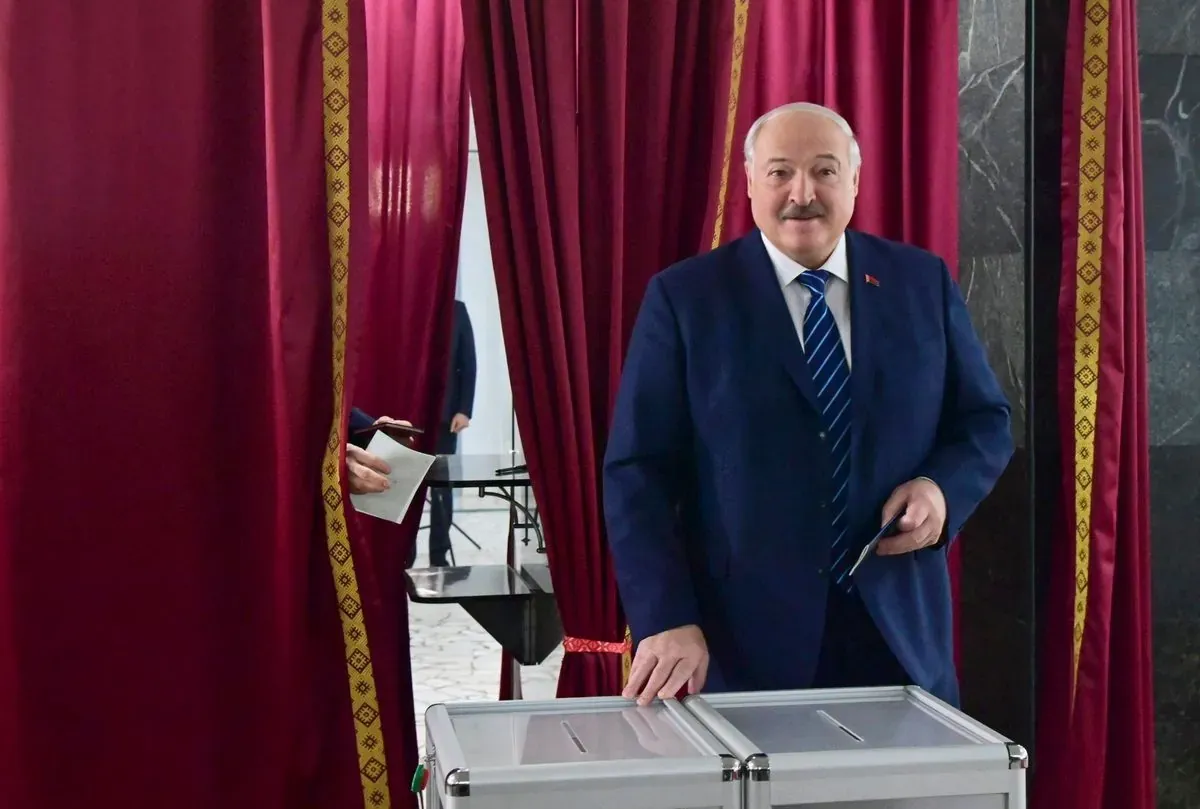
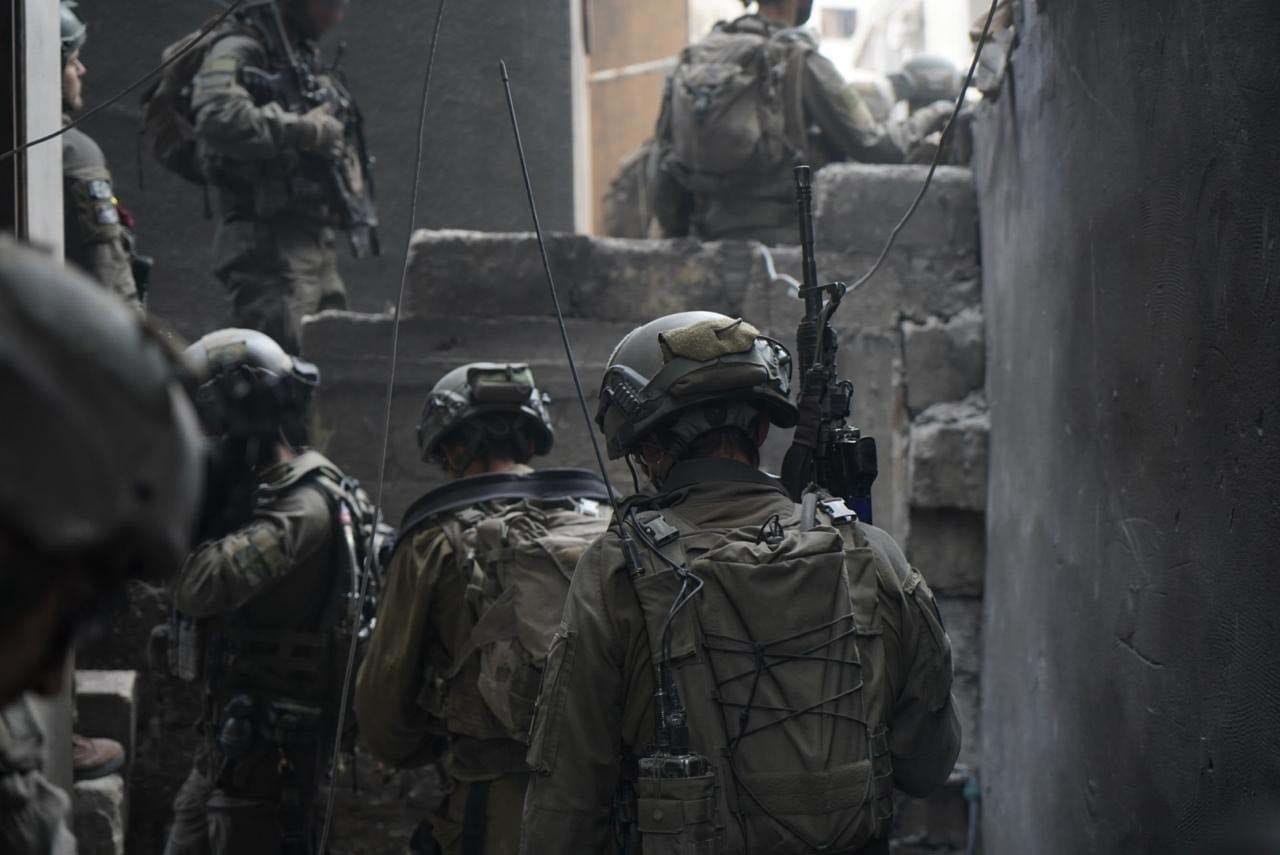
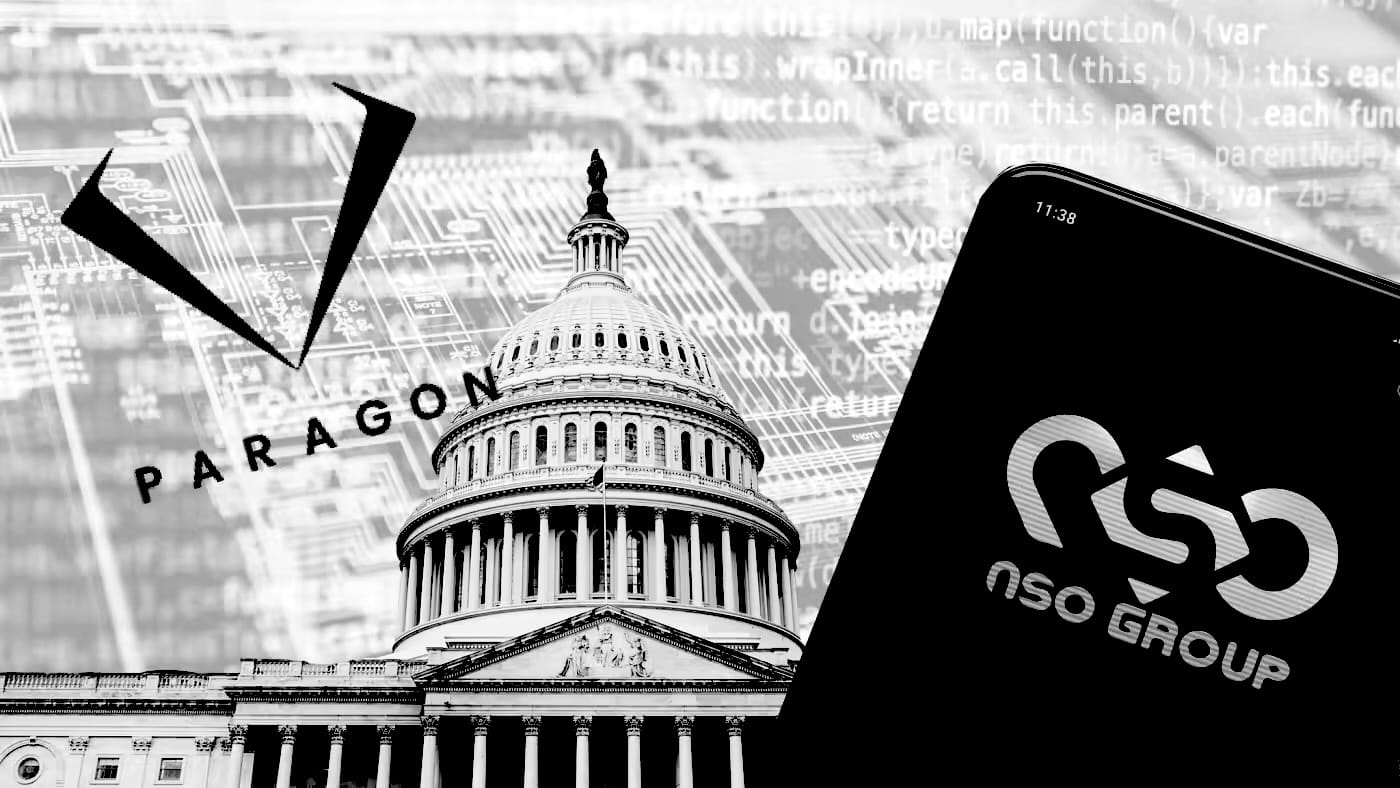
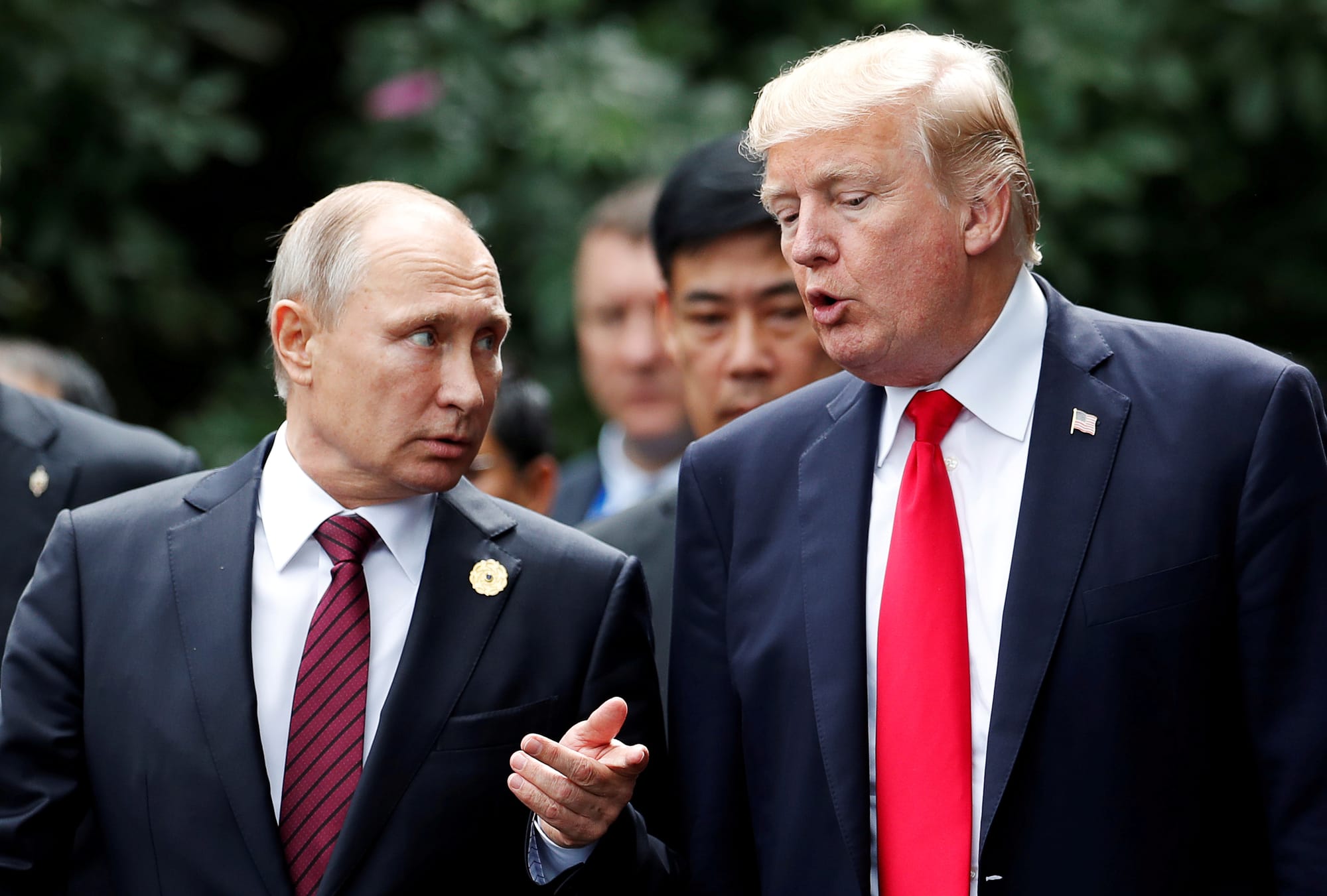
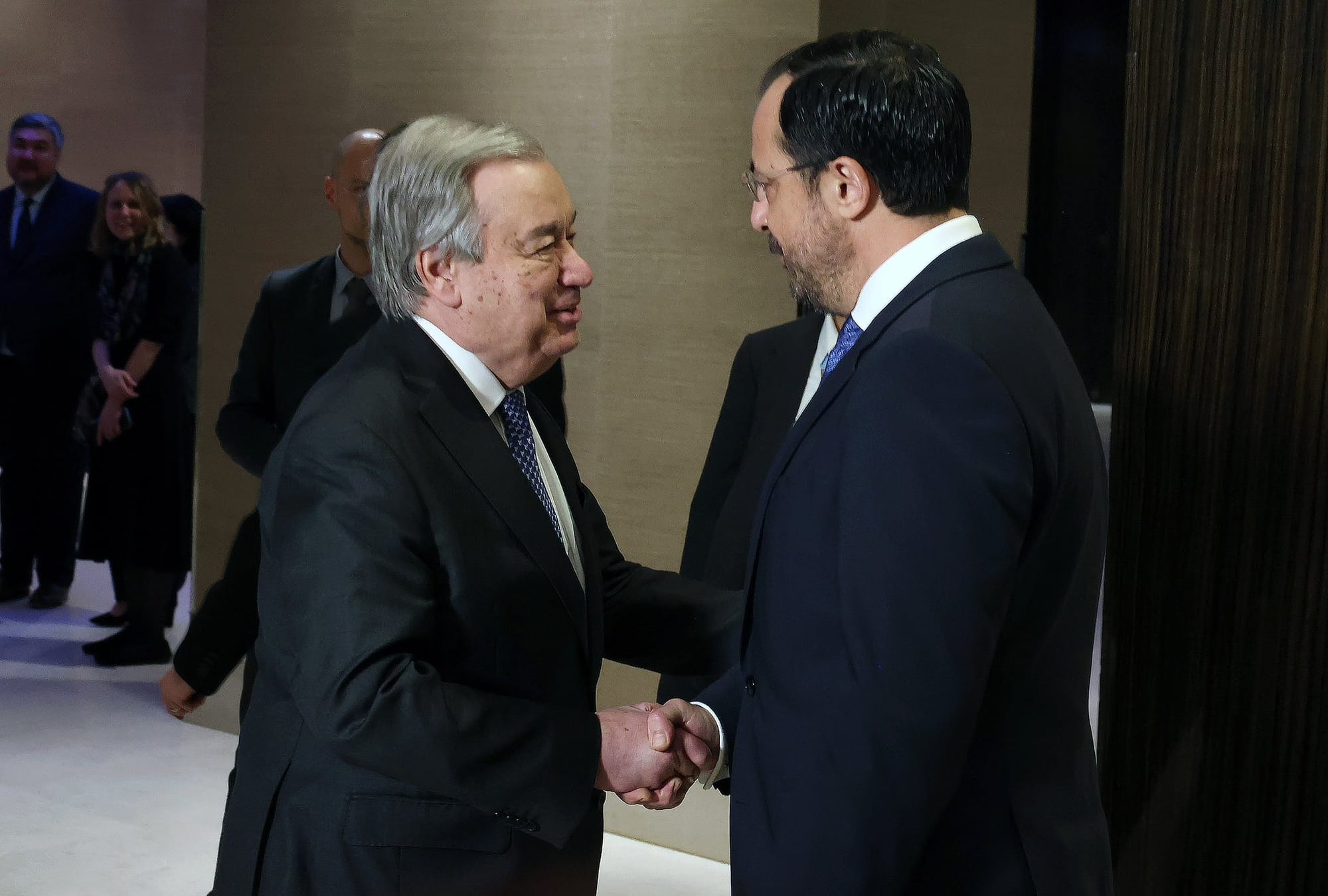
Discussion